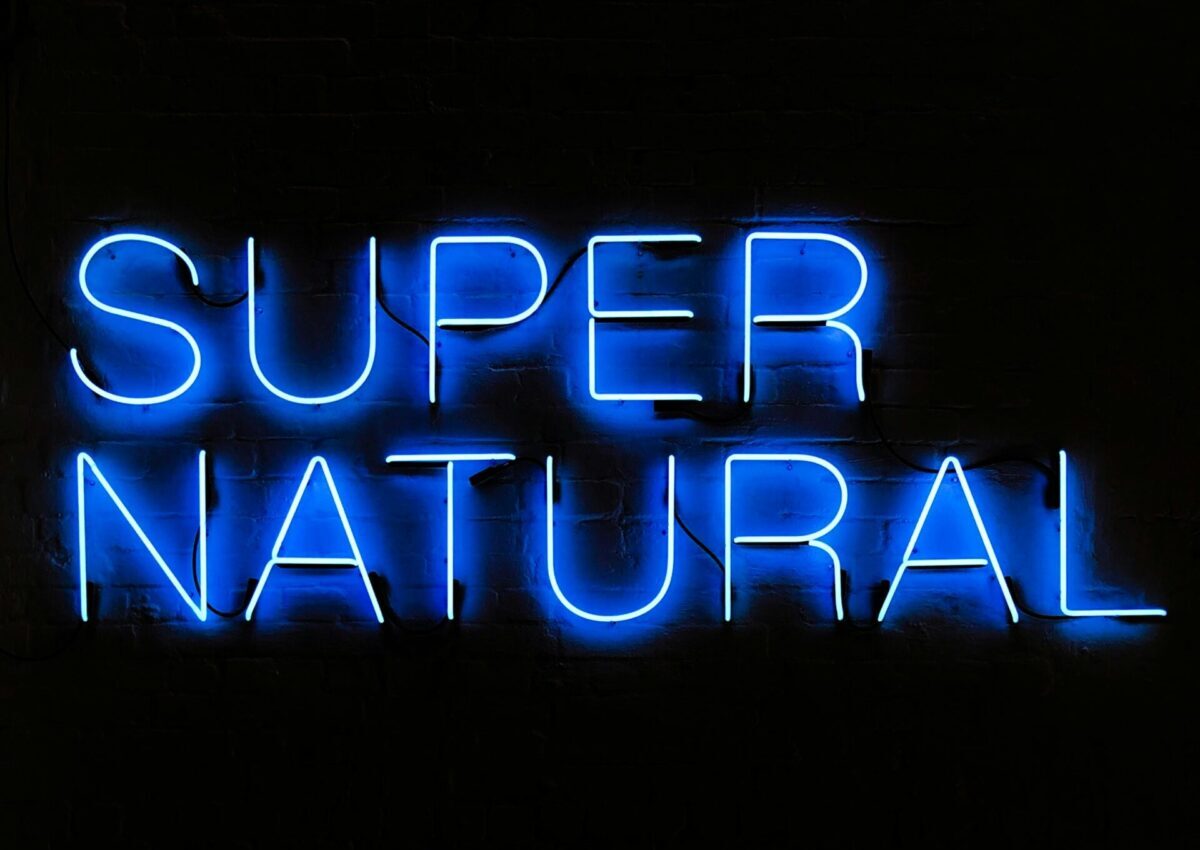Sugar is delicious. That is why humans are so attracted to it.
In the wellness world, natural sweeteners like honey, maple syrup, and stevia are often marketed as healthier alternatives to white sugar. But how do they impact your health, blood sugar, and waistline? There are gobs of research proving that too much added sugar is detrimental to our health by increasing the risk of diabetes, heart disease, cancer, obesity, and Alzheimer’s. Also, it’s hidden in so many processed and packaged foods that you really have to read labels carefully. The American heart Association limits the amount of added sugar per day to 25 grams for women (6 tsps) and 36 grams for men (9 tsps). However the average American consumes over 70 grams of added sugar per day! No wonder we have a major chronic health epidemic.
So if you’re trying to reduce sugar for better energy, weight control, or disease prevention, this guide will tackle the different natural added sugar options so you can decide what best for you.
1. Honey
Honey is a natural sweet substance made by honeybees from the nectar of flowering plants. Bees collect the nectar, partially digest it with enzymes, and store it in honeycombs where it evaporates into the thick, golden syrup we know as honey. Beyond its sweet taste, honey contains a mix of over 180 compounds—including antioxidants (like flavonoids and phenolic acids), trace vitamins and minerals, prebiotics, and enzymes. Raw and unfiltered varieties retain more of these beneficial compounds, while specialty types like Manuka honey also contain powerful antibacterial properties thanks to high levels of methylglyoxal (MGO). It can contain prebiotics that are gut friendly and the tatse can be unique and delicious depending on the source. Overall a better option that straight up table sugar if it comes from a raw source. 64 calories per tablespoon.
2. Maple Syrup
Maple syrup is made from the sap of sugar maple trees. After harvesting, the sap is boiled down to concentrate its natural sugars and flavor. The result is a rich, amber-colored syrup that contains small amounts of minerals like manganese, zinc, and calcium, along with plant compounds called polyphenols that have antioxidant effects. Darker varieties tend to be richer in these beneficial compounds. While it’s still a form of sugar, maple syrup is less processed than white sugar and offers some trace nutrients alongside its earthy sweetness. Look for “Grade B” or “Dark Robust” for more nutrients. Calories (1 tbsp):
3. Agave Nectar
Agave nectar is a syrup derived from the sap of the agave plant, native to Mexico. It’s often marketed as a natural sweetener because of its low glycemic index, meaning it causes a slower rise in blood sugar. However, agave is extremely high in fructose—much more than table sugar or even high-fructose corn syrup—which can strain the liver and contribute to insulin resistance when consumed in excess. While it’s sweeter than sugar and has a neutral taste, agave should be used sparingly, especially by those managing blood sugar or metabolic health.Calories (1 tbsp): ~60
4. Coconut Sugar
Coconut sugar is made from the sap of coconut palm flower buds. The sap is heated and dehydrated into granules that resemble brown sugar. It contains small amounts of minerals like potassium, magnesium, zinc, and iron and inulin, a type of prebiotic fiber that may slow glucose absorption. Inulin can give some people GI distress. While it’s often considered a more “natural” option, coconut sugar still has a similar calorie and carbohydrate profile to regular sugar, so it’s best used mindfully, despite the trace nutrients.Calories (1 tbsp): ~60
5. Stevia
Stevia comes from the leaves of the Stevia rebaudiana plant, native to South America. Its sweet compounds—called steviol glycosides—are 200 to 300 times sweeter than sugar, but contain zero calories and have no effect on blood sugar or insulin levels. Stevia is a popular choice for people managing diabetes or watching their weight. Purified stevia extracts are generally recognized as safe, though some people may notice a bitter or licorice-like aftertaste. Whole-leaf or crude stevia is not FDA-approved for commercial use in food products. Hint:Look for purified extracts like Rebaudioside A. Calories zero.
6. Monk fruit
Also known as luo han guo, is a small green melon native to China. Its sweetness comes from antioxidants called mogrosides, which are intensely sweet but don’t impact blood sugar. Monk fruit sweetener is calorie-free and has a glycemic index of zero, making it a popular option for people with diabetes or those following low-carb or ketogenic diets. It has a mild, clean sweetness and is often blended with erythritol or other fillers in commercial products to balance taste and texture. IT may usually be mixed with Stevia or eryhtritol as it is quite expensive. Calories zero.
7. Erythritol
Erythritol is technically a sugar alcohol found naturally in some fruits and fermented foods, but the kind used in sweeteners is typically made by fermenting glucose from corn or wheat starch. It has about 70% the sweetness of sugar, zero calories, and a glycemic index of zero, meaning it doesn’t raise blood sugar or insulin levels. Some peopl do not agree that erythrtol is natural because it is more processed. Unlike other sugar alcohols, erythritol is mostly absorbed in the small intestine and excreted unchanged, making it less likely to cause digestive issues—though some people still report bloating or gas in large amounts. It has a clean, sweet taste with a slight cooling effect, and is often blended with other sweeteners to improve flavor and texture. 0.2 calories per gram.
So these are the statistics on all the natural sugars. I use all of them in my diet depending on the need, but try to limit the higher calorie ones. I also generally avoid agave nectar as there are far better options. If I can find pure Monk fruit, that is my number one option for both taste and calories.






